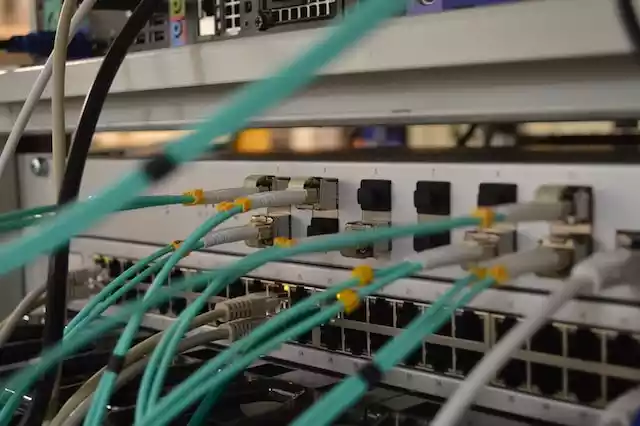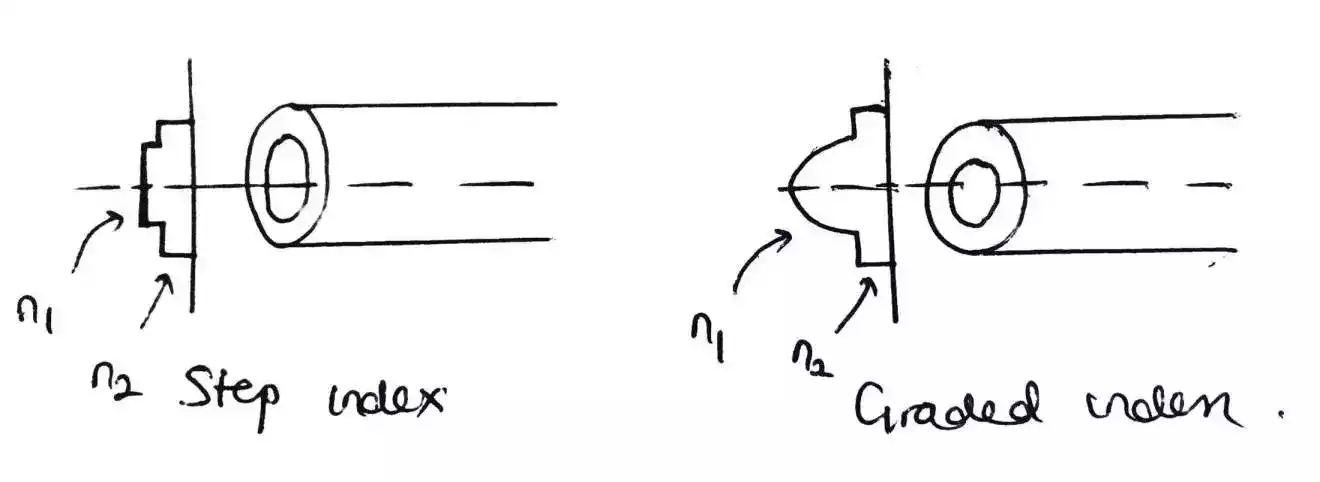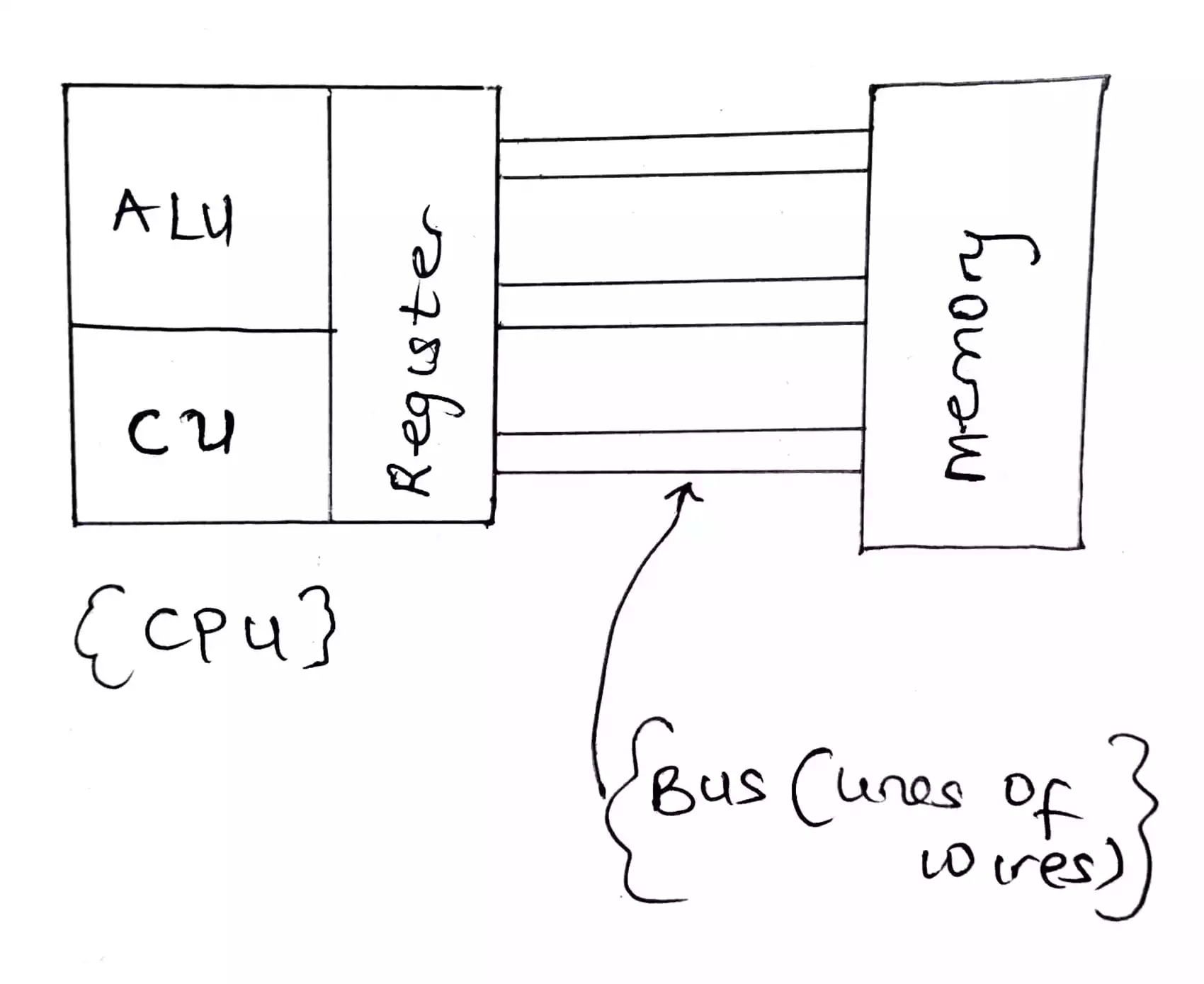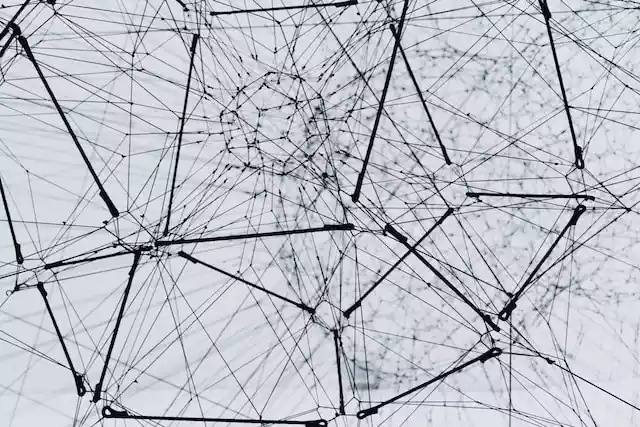What Is the Difference Between TCP and IP Protocols?

When it comes to sending data over the Internet, there are two key protocols at play: TCP (Transmission Control Protocol) and IP (Internet Protocol).
While these protocols work hand in hand to ensure successful data transmission, they serve distinct purposes and have different functionalities.
In this article, we will look into the details of TCP and IP, exploring their roles and highlighting the differences between them.
Table of Contents
Understanding Data Transmission
Before we dive into the specifics of TCP and IP, it’s important to grasp the basics of data transmission over the Internet.
When data is sent across the web, it is divided into smaller units known as packets. These packets then travel from the source device to the destination device through various network nodes.
The Internet Protocol (IP)
The Internet Protocol (IP) plays a crucial role in the transmission of data packets. Its primary function is to route packets from one device to another.
IP achieves this by assigning a unique IP address to each device connected to the Internet.
This IP address serves as a device’s identifier and helps determine the appropriate path for the packets to reach their intended destination.
The Transmission Control Protocol (TCP)
While IP handles the routing aspect of data transmission, the Transmission Control Protocol (TCP) focuses on ensuring reliable and ordered delivery of packets.
TCP establishes a connection between two devices before any data transmission occurs. This connection is established through a process commonly known as the TCP handshake.
Read on: What Is TCP/IP and How It Is Different From OSI Model
TCP vs. IP: Key Differences
1. Purpose and Functionality
The fundamental difference between TCP and IP lies in their purposes and functionalities. IP primarily handles the task of addressing and routing packets across networks.
On the other hand, TCP is responsible for establishing a reliable connection between devices and managing the flow of data.
2. Reliability and Order of Delivery
Another significant difference is in terms of reliability and the order of delivery.
IP operates on a best-effort basis, meaning it does not guarantee reliable or ordered delivery of packets. It focuses solely on routing packets to their destination.
TCP, on the other hand, ensures both reliability and ordered delivery. It achieves this by implementing acknowledgment mechanisms and retransmission techniques.
3. Connection Establishment
TCP and IP also differ in how they establish connections between devices. IP is connectionless, which means it does not establish a dedicated connection before transmitting data.
In contrast, TCP follows a connection-oriented approach. It establishes a connection through the three-way handshake process, which involves a series of messages exchanged between the sender and receiver.
4. Error Handling and Retransmission
When it comes to error handling and retransmission of lost or corrupted packets, TCP excels.
TCP monitors the successful receipt of each segment and requests retransmission if any segment is lost or damaged during transmission.
IP, being connectionless, does not possess built-in error-checking or retransmission capabilities.
Wrap Up
TCP and IP are essential protocols for data transmission over the Internet. While IP focuses on routing packets and providing an addressing scheme, TCP ensures reliable, ordered, and error-checked delivery of data between devices.
The key differences lie in their purposes, reliability, connection establishment, and error handling capabilities.
To successfully transmit data across the Internet, both TCP and IP work in tandem, each playing a crucial role in the overall process.
By understanding the distinctions between these protocols, we can appreciate their significance and comprehend the intricacies of data transmission in computer networks.
FAQs
- Can TCP work without IP? No, TCP relies on IP for routing packets and establishing connections between devices. Both protocols are interdependent and essential for successful data transmission over the Internet.
- Are TCP and IP the only protocols used in data transmission? While TCP and IP are the foundational protocols, there are other protocols that complement their functionalities.
For example, HTTP (Hypertext Transfer Protocol) is used for web browsing, and SMTP (Simple Mail Transfer Protocol) is employed for email communication. - What happens if a packet is lost during transmission? If a packet is lost during transmission, TCP detects the loss and requests the sender to retransmit the missing packet. This ensures the reliable delivery of data.
- Are there any security mechanisms built into TCP and IP? TCP and IP do not inherently provide security mechanisms. However, additional protocols such as SSL/TLS (Secure Sockets Layer/Transport Layer Security) can be used to ensure secure communication over TCP/IP networks.
- Can TCP and IP be used in non-Internet networks? Yes, TCP/IP protocols are not limited to the Internet.
They are widely used in local area networks (LANs) and wide area networks (WANs) as well.




